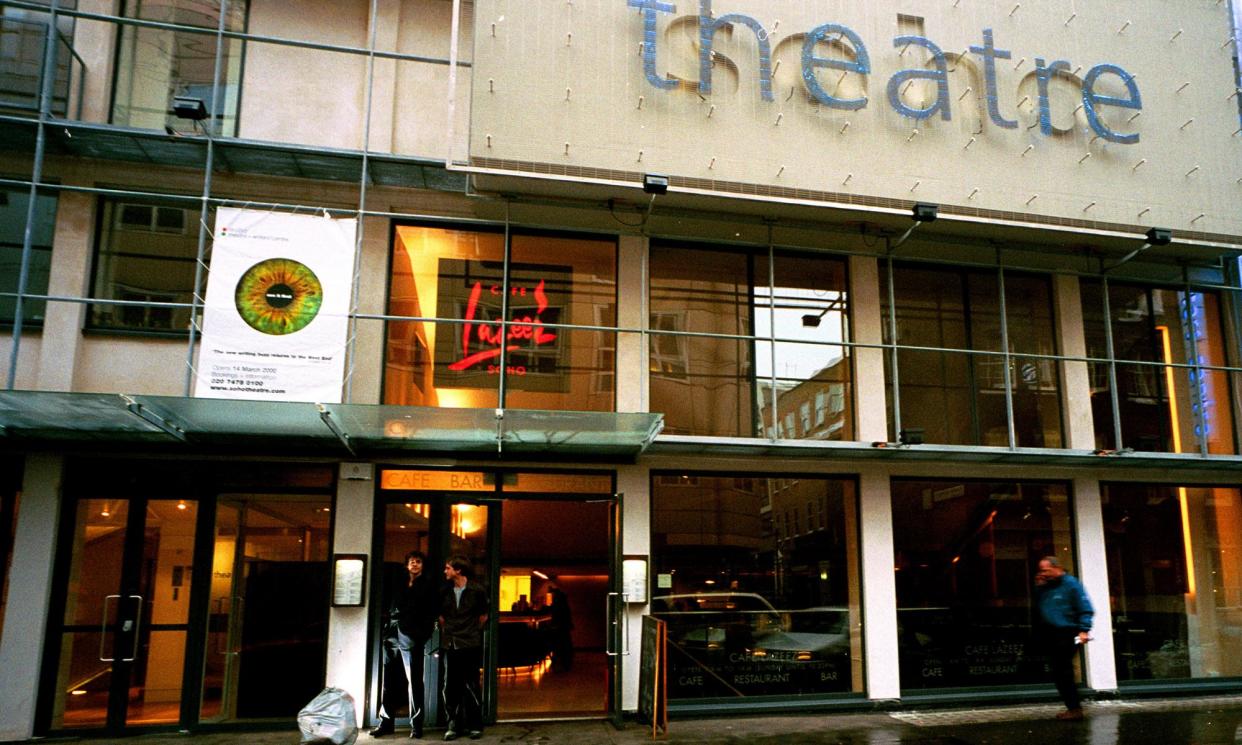Hope of end to actors’ charity row dashed after elections suspended

Hopes of an immediate resolution to the bitter and long-running dispute at the top of a high-profile actors’ charity have been dashed after elections to form a new ruling council were dramatically suspended amid concerns over voting.
The Actors’ Benevolent Fund (ABF) said on Wednesday evening that its annual general meeting had been adjourned after votes had been cast and counted but before results were announced, after unspecified concerns were raised about online votes.
The ABF has been riven by a public row between a group of trustees ousted in 2022, who are headed by the To the Manor Born actor Dame Penelope Keith, and a cohort of “modernising” trustees who replaced them in a process which has been challenged as to its compliance with charity law.
More than 100 of the ABF’s 750 members turned up in person to vote at the AGM at London’s Soho theatre, hoping that the elections might end a costly feud that has torn apart the charity.
But the meeting was adjourned by its independent chair, the veteran arts administrator Luke Rittner, after questions emerged about the numbers of votes cast online. The ABF refused to give any further details of the concerns raised.
A statement agreed by the ABF and the “ousted” group of trustees said: “All parties are dismayed that the results of the vote could not be announced at the AGM. The meeting has been adjourned until 29 January while concerns over online voting are investigated.
“This is clearly disappointing for the ABF’s membership and we are moving at speed to achieve a resolution.”
Related: Actors’ charity vote to reignite dispute involving Penelope Keith
The ABF, which has assets of about £40m, operates hardship funds to support actors and stagehands in England and Wales who need financial or medical help. Its patron is King Charles, and famous past presidents include Sir Laurence Olivier and Sir John Gielgud. The fund gave £900,000 in hardship grants to 430 beneficiaries in 2022.
Eighteen candidates stood for 12 seats on the ABF council. Twelve were marked on the ballot paper as “recommended” by an independent nominations committee because of their skills, experience and apparent suitability; a further six were classed as “other” candidates.
The recommended slate included five existing trustees including the current chair, the actor Esh Alladi, as well as a number of aspiring new trustees including the Four Weddings and a Funeral actor Simon Callow, Rob Rinder, from the TV courtroom show Judge Rinder, and the Birds of a Feather sitcom star Lesley Joseph.
The “other” group of candidates included the Cold Feet actor Robert Bathurst, who trained as a lawyer and served as an ABF trustee from 2018 to 2021, and the Harry Potter star Miriam Margolyes, who has previously accused the ABF board of treating Keith with contempt.
Keith and her supporters argued that their removal in February 2022 breached company law and that the trustee board that replaced them was therefore illegitimate. Legal skirmishes and public wars of words followed while mediation failed; the ousted trustees claimed they were open to talks, but were ignored.
One trustee has told the Guardian privately that reform at the top of the ABF had been necessary to inject fresh energy into the charity, make it more democratic, and refocus its resources more tightly on new services for struggling actors, such as talking therapy and cost of living grants.
The ousted trustees – several of whom are in their 80s – are furious at claims they were out of touch, saying they had developed their own modernising strategy for the ABF. They have in turn suggested that their critics have been guilty of age discrimination and accused them of acting dishonourably.
The charities regulator, the Charity Commission, was called in to supervise the ABF two years ago but now finds itself sucked into the controversy amid criticism that it had inappropriately sided with the “ousting” trustees and failed to uphold the rule of law as it tried to resolve what it has called a “costly and damaging dispute”.
Last week the commission, in a rare public admission of fault, admitted in a review of its handling of the case that it had made a series of errors, had treated Keith unfairly, and was wrong to be seen to take sides in the dispute. But it offered no apology or remedy to the ousted trustees and may yet face legal challenge.

 Yahoo News
Yahoo News 
